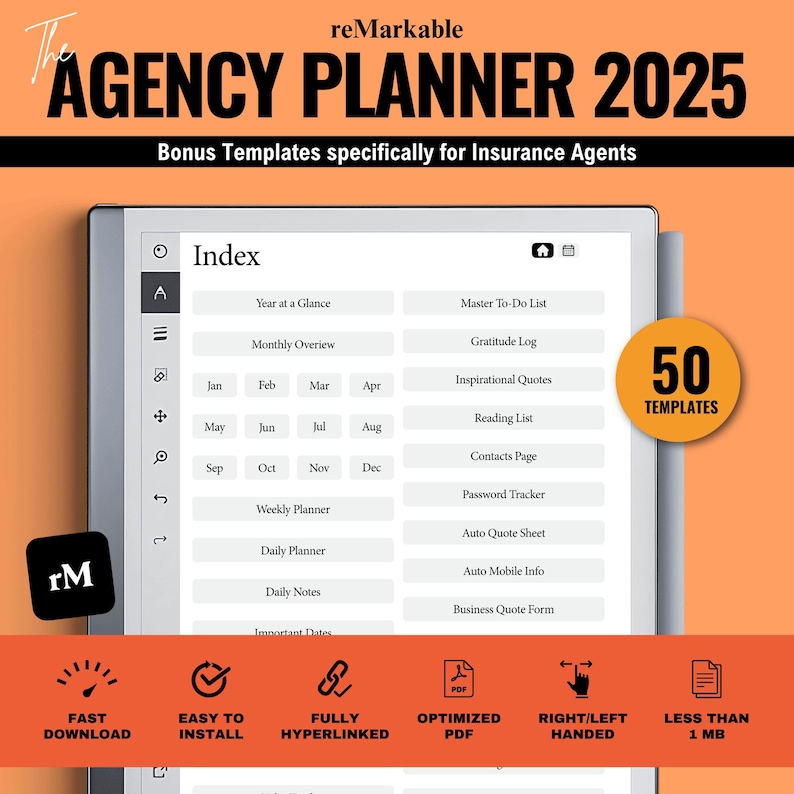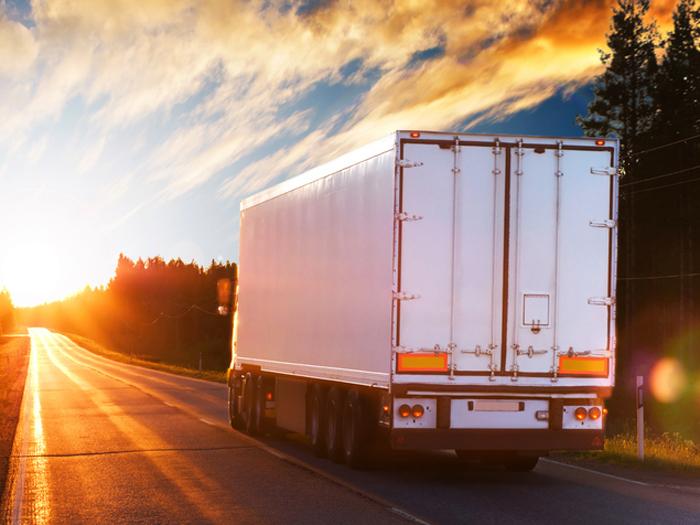In an industry as complex and vital as trucking, insurance has always played a pivotal role in managing risks and safeguarding businesses. But as technology advances at a breakneck pace, traditional approaches to trucking insurance are being fundamentally transformed. Emerging technologies—from telematics and AI-driven analytics to blockchain and autonomous vehicles—are reshaping how insurers assess risk, set premiums, and respond to claims. In this article, we’ll explore how these cutting-edge innovations are not just enhancing efficiency and accuracy but also paving the way for a more resilient and adaptable trucking insurance landscape. Whether you’re an insurer, fleet manager, or simply curious about the future of transportation, understanding these developments is crucial in navigating the road ahead.
Table of Contents
- Emerging Technologies Transforming Risk Assessment in Trucking Insurance
- Leveraging Telematics and IoT for Enhanced Fleet Safety and Reduced Premiums
- The Role of Artificial Intelligence in Streamlining Claims Processing
- Strategic Recommendations for Insurers Embracing Technology-Driven Trucking Solutions
- Key Takeaways
Emerging Technologies Transforming Risk Assessment in Trucking Insurance
The integration of artificial intelligence (AI) into trucking insurance is revolutionizing how risks are evaluated. Advanced algorithms analyze vast datasets from telematics, weather conditions, driver behavior, and vehicle maintenance records to deliver real-time risk profiles. This not only enables insurers to offer more accurate premiums but also encourages safer driving practices by providing immediate feedback to truck operators. Additionally, AI-driven predictive analytics can identify potential hazards before they escalate, helping companies mitigate risks proactively and reduce claim frequencies.
Beyond AI, blockchain technology is emerging as a powerful tool for enhancing transparency and data integrity in risk assessment. By securely recording driver logs, inspection reports, and accident histories on an immutable ledger, blockchain simplifies the verification process, prevents fraud, and fosters trust among insurers and insured parties. Alongside these breakthroughs, drones and IoT sensors are becoming essential for real-time monitoring of cargo conditions and vehicle health, enabling early detection of anomalies and reducing exposure to losses. Together, these technologies are setting a new standard for precision and reliability in trucking insurance risk management.
- AI-powered data analytics for dynamic risk profiling
- Blockchain ensuring transparent and tamper-proof records
- Drones and IoT devices enabling continuous cargo and vehicle monitoring
Leveraging Telematics and IoT for Enhanced Fleet Safety and Reduced Premiums
Integrating telematics and IoT devices into fleet management systems is revolutionizing how trucking companies prioritize safety. Real-time data collected from vehicle sensors and driver behavior analytics enable fleet managers to identify risky driving patterns before they escalate into costly accidents. Features such as harsh braking alerts, speed monitoring, and route optimization not only help prevent incidents but also foster a culture of accountability among drivers. This proactive approach significantly decreases the frequency and severity of claims, which insurance providers increasingly reward with lower premiums.
Beyond driver behavior, telematics and IoT empower fleets with predictive maintenance capabilities, drastically reducing downtime and unexpected breakdowns on the road. Insurers recognize fleets equipped with such advanced technology as less vulnerable to risk, often providing bespoke insurance packages that reflect their enhanced safety profiles. Key benefits include:
- Continuous vehicle health monitoring to anticipate mechanical failures
- Immediate incident detection enabling faster emergency response
- Enhanced route management that reduces exposure to hazardous conditions
By leveraging these technologies, trucking companies not only improve operational efficiency but also cultivate safer road environments, directly contributing to reduced insurance costs and improved bottom lines.
The Role of Artificial Intelligence in Streamlining Claims Processing
Artificial Intelligence (AI) has become a pivotal force in transforming how trucking insurance claims are handled, significantly reducing the time and resources traditionally required. By leveraging advanced algorithms and machine learning models, insurers can now automatically analyze vast amounts of data from accident reports, vehicle telematics, and driver behavior. This enables quick validation of claims with higher accuracy, minimizing fraudulent submissions and ensuring that legitimate claims are prioritized faster. Moreover, AI-powered systems continuously learn and improve, adapting to new patterns and refining risk assessments, which directly benefits both insurers and policyholders by fostering trust and efficiency.
Key advantages of AI integration include:
- Instant data extraction from diverse sources such as sensor data, dash cameras, and third-party records
- Automated damage assessment through image recognition, accelerating settlement decisions
- Predictive analytics to forecast potential claim outcomes and adjust premiums dynamically
- Enhanced communication via AI-driven chatbots providing 24/7 support and claim status updates
These innovations not only streamline the claims process but also help create a more resilient and transparent insurance ecosystem for the trucking industry, ultimately supporting safer roads and sustainable operational practices.
Strategic Recommendations for Insurers Embracing Technology-Driven Trucking Solutions
To successfully navigate the rapidly evolving landscape of trucking insurance, insurers must adopt a proactive mindset, leveraging cutting-edge technologies such as telematics, AI-powered risk analytics, and blockchain for transparent claim processing. Implementing real-time data integration allows for precise risk evaluations, giving insurers the ability to offer customized policies tailored to individual fleet behaviors and operational patterns. By prioritizing innovations like predictive maintenance alerts and driver performance monitoring, insurers can not only minimize claims but also enhance overall fleet safety—transforming insurance from a reactive cost burden into a strategic asset.
Collaboration is vital in this technology-driven shift. Insurers should actively forge partnerships with telematics providers, IoT platform companies, and trucking firms to create ecosystems fuelled by shared data and mutual insights. Focus areas include:
- Developing adaptive underwriting models informed by continuous data streams
- Incorporating automated claims adjudication using AI to speed processing and reduce fraud
- Enhancing customer engagement with digital platforms providing transparent policy management and instant support
This holistic approach will not only drive operational excellence but also position insurers to remain competitive as trucking technology continues to disrupt traditional business models.
Key Takeaways
As emerging technologies continue to redefine the trucking industry, their impact on insurance is both profound and inevitable. From advanced telematics and AI-driven risk assessments to blockchain-enabled claims processing, these innovations promise not only to enhance efficiency but also to create more personalized, fair, and proactive insurance solutions. For insurers, trucking companies, and drivers alike, staying informed and adaptable will be key to navigating this evolving landscape. Embracing these technological shifts is no longer optional—it’s essential for fostering safer roads and a more resilient trucking insurance ecosystem in the years to come.






